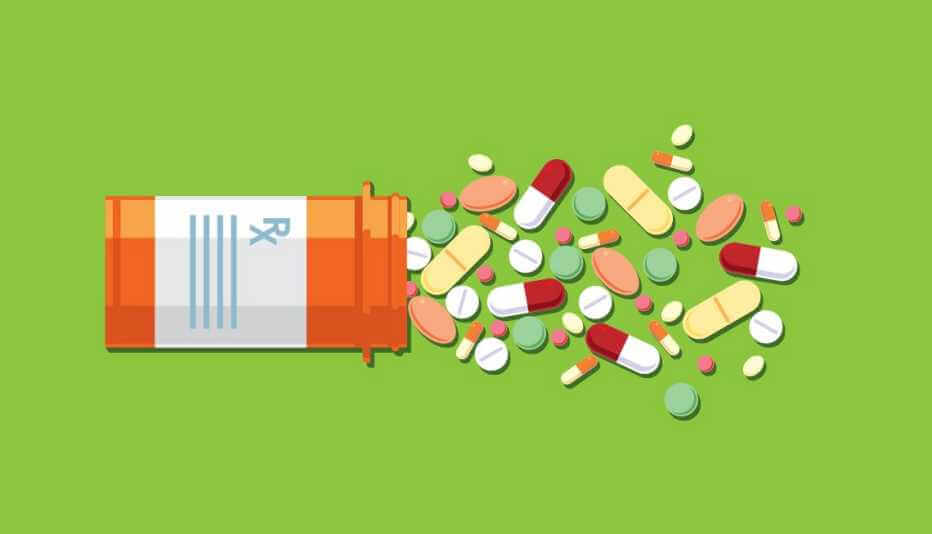
Temperatures are soaring in many regions of the country, putting people — especially older adults — at risk for heat-related illness, even death. And one thing that doesn’t help is if you are taking medications that interfere with your body’s ability to cool itself down.“This issue is particularly important for older people because they tend to be on more medications that alter either the body’s control of circulating blood volume and/or cardiac activity,” which can make it harder to deal with the heat, says Cecilia Sorensen, M.D., director of the Global Consortium on Climate Health and Education at Columbia University in New York City.
It’s important to pay attention to this often-overlooked side effect during heat waves, which the Environmental Protection Agency says are increasing in both intensity and frequency. But it’s not just those stifling stretches that can be dangerous. Research shows that older patients with chronic medical conditions who take heat-sensitive medications can have medication-related problems throughout the entire summer.
How do medications affect your heat tolerance?
First, it’s important to understand how your body deals with heat and works to maintain that ideal internal temperature of 98.6 degrees.
To cool off, your body has several tricks. One is perspiration (or sweat). When sweat evaporates from your skin, it cools the body.
Another is when the blood vessels underneath your skin vasodilate (widen) and bring warm blood closer to your skin, allowing the skin to release heat.
Several different medications, though, can interfere with this complex thermoregulation system by limiting the body’s ability to sweat or by reducing blood flow to the skin. Medications can also cause dehydration, and some may make the skin more sensitive to the sun, causing a rash or sunburn.
To learn about the 8 types of medications that don’t mix with heat, from AARP, CLICK HERE.

